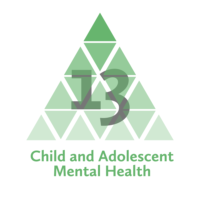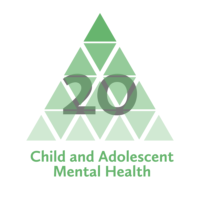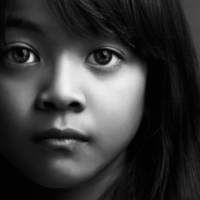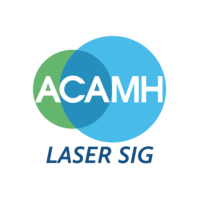CAMHS services
-

JCPP Annual Research Review 2020
Free access to the articles included in the JCPP Annual Research Review: “Something new: What’s next for child psychology and psychiatry?”, until the end of February 2020.
Read more -

Most cited CAMH paper joint #13 of 25: Predictors of Service Use for Mental Health Problems Among British Schoolchildren
Tamsin Ford, Helena Hamilton, Howard Meltzer, Robert Goodman.
Read more
Key Practitioner Message includes; Regional differences in contact with public sector services for mental health services suggest that the organisation of services can influence who is and is not seen -

Most cited CAMH paper joint #13 of 25: Child and parent engagement in the mental health intervention process: a motivational framework
Gillian King, Melissa Currie, Patricia Petersen.
Read more
Key Practitioner Message includes; Practitioners can play a key role in optimizing client engagement by maximizing the client’s receptivity, willingness, and self‐efficacy -

Most cited CAMH paper joint #20 of 25: Children’s Voices: A Review of the Literature Pertinent to Looked‐After Children’s Views of Mental Health Services
Julie Davies, John Wright.
Read more
Key Practitioner Message (Relating to looked‐after children and service user involvement) includes; Vulnerable children should be given equal choice and involvement in their treatment decisions and not miss out on the wider NHS drive for service user involvement. -

Most cited CAMH paper joint #20 of 25: Implementing routine outcome measures in child and adolescent mental health services: from present to future practice
Martin J Batty, Maria Moldavsky, Pooria Sarrami Foroushani, Sarah Pass, Michael Marriott, Kapil Sayal, Chris Hollis.
Read more
Key Practitioner Message includes; It is important to place outcomes in the context of the type of service, case complexity, diagnosis/clinical cluster and treatment goals. -

In Conversation… Mood Disorders with Dr. Gordana Milavić
Gordana discusses how conceptions of mood disorders have changed throughout career, highlighting changes such as whilst she was training it was thought that children were unable to get depressed.
Read more -

Guidelines on service transition for young people with ADHD
Recent research has led to the increasing recognition that ADHD can often be a life span disorder, meaning that a subset of affected children will eventually need to transition to adult services. Unfortunately, much research has highlighted the difficulties experienced by young people in transitioning from children’s to adult services.
Read more -

Improving outcomes for children exposed to parental mental illness: “it takes a village”
This intervention aims to break down barriers to the care of vulnerable children of parents with a mental illness (COPMI) residing in Austria, and improve child development and well-being outcomes.
Read more -

Falling through the gap between CAMHS and AMHS
Young people face a ‘cliff edge’ when trying to access mental health care after reaching the upper age limit of child and adolescent mental health services (CAMHS) and try to move into adult health sevices (AMHS).
Read more -

Just what does a learning disability nurse do?
”As a clinical nurse specialist, and manager, there is no typical day.”- Julie Blackaby. “It is probably the liveliest and most exciting it has been since the advent of the NHS”- Noeleen Morritt.
Read more